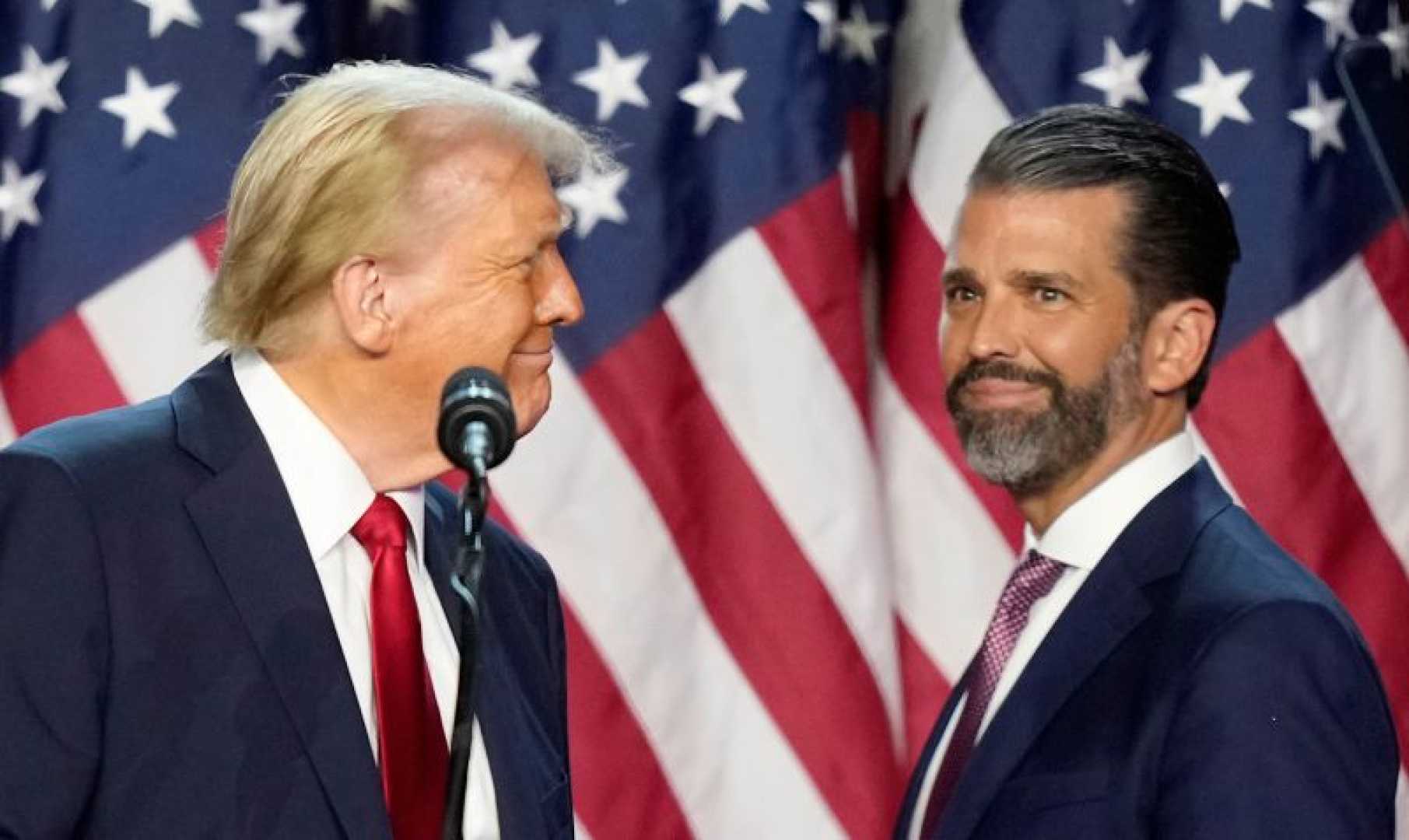Politics
Trump’s Greenland Purchase Plan Faces Historical and Financial Hurdles

Former President Donald Trump‘s renewed interest in purchasing Greenland from Denmark faces significant historical and financial challenges, according to experts. The proposal, which first surfaced during his initial term, remains a long shot due to the complexities of modern territorial acquisitions and the astronomical costs involved.
The idea of one country purchasing territory from another has largely fallen out of favor over the past century. The last significant territorial purchase by the United States occurred in 1917 when it acquired the Virgin Islands from Denmark for $25 million in gold. Today, the cost of acquiring Greenland would likely reach tens, if not hundreds, of billions of dollars.
“The notion of buying Greenland is more of a geopolitical fantasy than a realistic policy,” said Dr. Sarah Jensen, a professor of international relations at Georgetown University. “In the modern era, territorial sovereignty is not something that can simply be bought and sold.”
Greenland, an autonomous territory within the Kingdom of Denmark, has repeatedly expressed its opposition to any such deal. In 2019, Greenland’s government stated unequivocally that the island was “not for sale.” The Danish government has also dismissed the idea, with former Prime Minister Mette Frederiksen calling it “absurd.”
Despite these obstacles, some analysts have speculated on the potential benefits of such a purchase. Greenland’s strategic location in the Arctic and its vast natural resources, including rare earth minerals, could offer significant advantages to the United States. However, the logistical and diplomatic challenges of such a transaction make it highly improbable.
“Even if Denmark were willing to entertain the idea, the international community would likely view such a deal as a violation of Greenland’s right to self-determination,” said Dr. Jensen. “It’s a non-starter from both a legal and ethical standpoint.”
As Trump continues to push for unconventional policies in his second term, the Greenland purchase remains a symbol of his unorthodox approach to international relations. However, with no clear path forward and widespread opposition from all parties involved, the proposal is likely to remain a footnote in the annals of geopolitical history.












